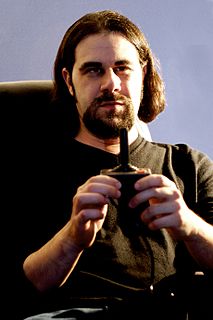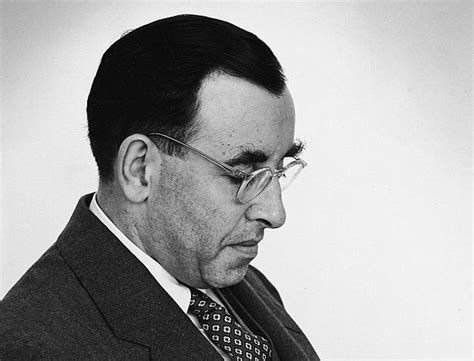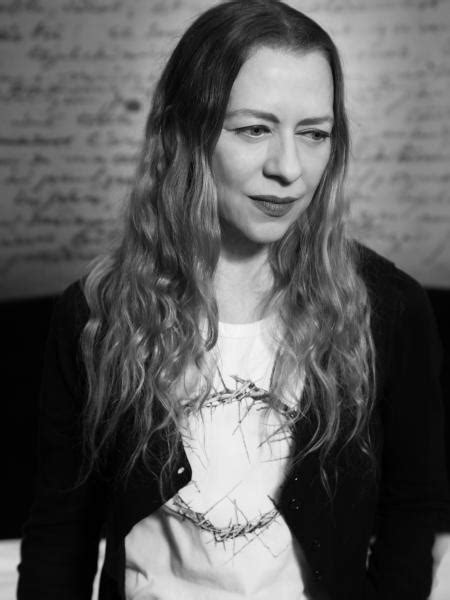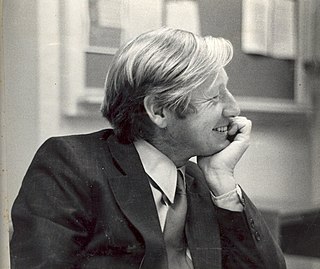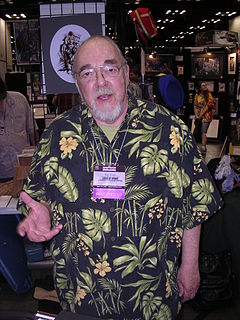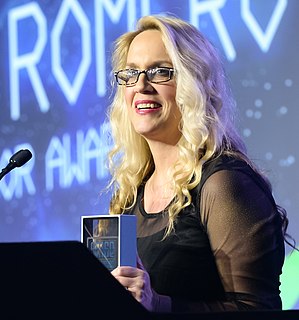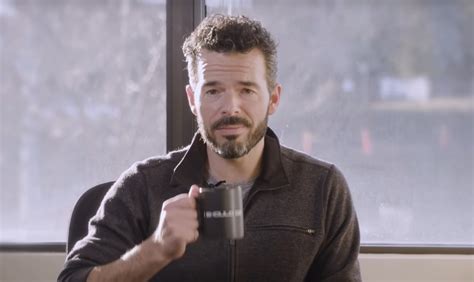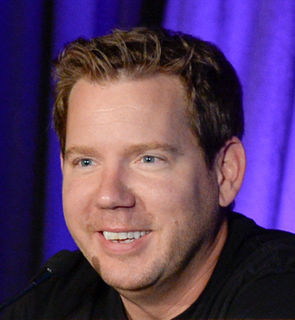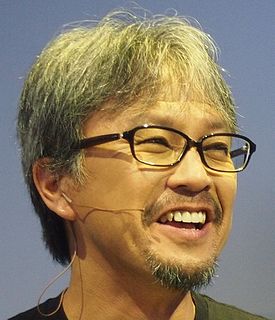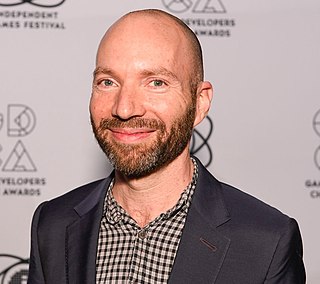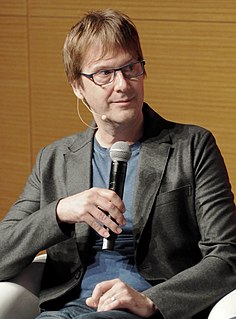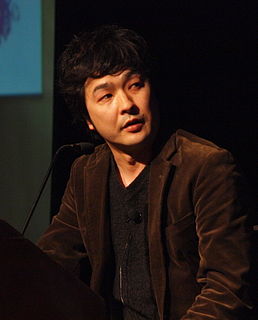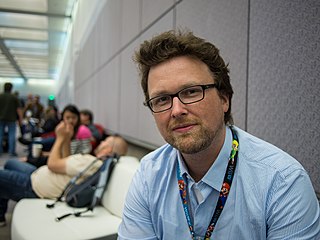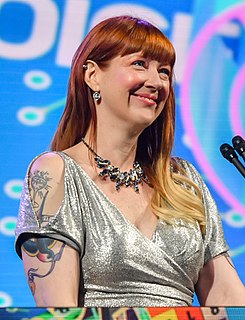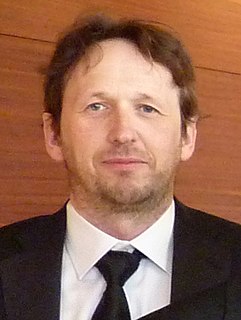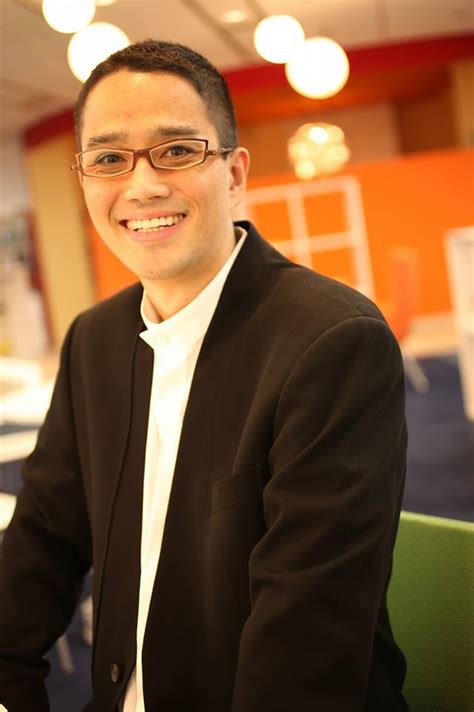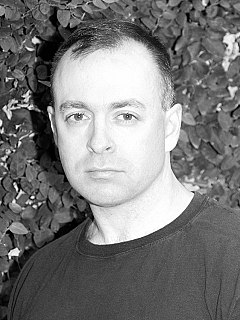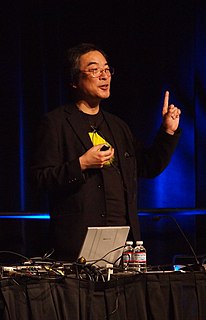A Quote by Ian Bogost
Normally we think of play as the opposite of work. Work is the thing you have to do, and then there's play, the thing you choose to do.
Related Quotes
Any phrase that suggests play is this domain that's the opposite of work, or the thing that you do when you're done working, should trouble us. Because it means that play is always relegated to the exhaust of life. It's the thing that you do after you do the important stuff, it's what you do on your own time.
Work, as we usually think of it, is energy expended for a further end in view; play is energy expended for its own sake, as with children's play, or as manifestation of the end or goal of work, as in "playing" chess or the piano. Play in this sense, then, is the fulfillment of work, the exhibition of what the work has been done for.
But what is work and what is not work? Is it work to dig, to carpenter, to plant trees, to fell trees, to ride, to fish, to hunt, to feed chickens, to play the piano, to take photographs, to build a house, to cook, to sew, to trim hats, to mend motor bicycles? All of these things are work to somebody, and all of them are play to somebody. There are in fact very few activities which cannot be classed either as work or play according as you choose to regard them.
I find it's very confusing when one critic tells you one thing and one tells you something completely different. Unless all the critics agree on parts of the play that just didn't work. I have stopped reading reviews, because I find writing is all about courage. You must have courage when you start writing a play and you cannot have the voice - you must write things out. You cannot have the voice of a critic telling you, "That didn't work in that play, you cannot make it work in another play." Every time you do a production, it's an experimentation.
I'm normally late, so I just kind of throw on the sort of thing that's at hand. And then I'll go through phases of wearing the same thing again and again and again - and my wardrobe is mainly about black and white, so it goes together. I'll play with certain elements, but I don't really think about it too much.
I'm normally late, so I just kind of throw on the sort of thing that's at hand. And then I'll go through phases of wearing the same thing again and again and again. My wardrobe is mainly about black and white, so it goes together. I'll play with certain elements, but it's - I don't really think too much about it.
Work and play can be the same. When you are following your energy and doing what you want to do all the time, the distinction between work and play dissolves. Work is no longer what you have to do, and play what you want to do. When you are doing what you love, you may work harder and produce more than ever before, because you are having fun.
